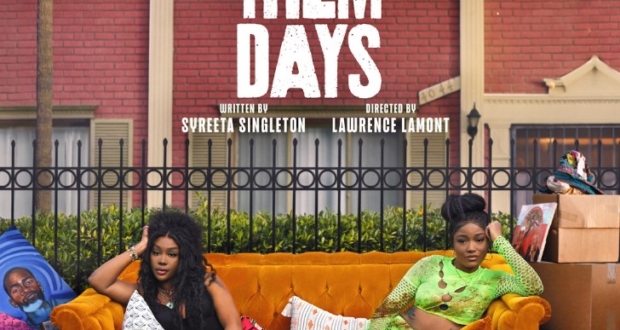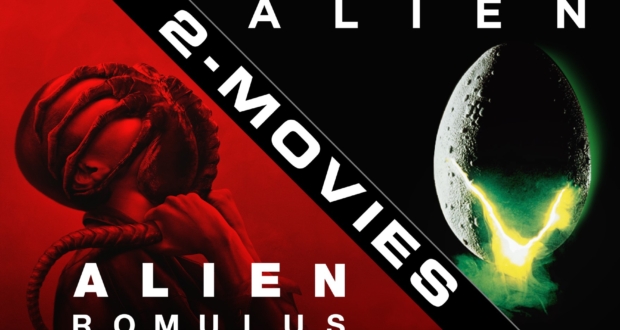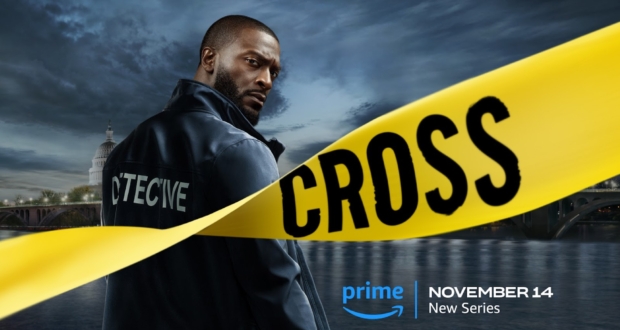The best director of the year goes to Ang Lee (he’s great… but didn’t deserve it for this film)… and the big surprise for the night is Best Picture going to Crash instaed of Brokeback Mountain.
Doug rounds up the show and gives his overall thoughts. Hear it here.
Share this Story
















